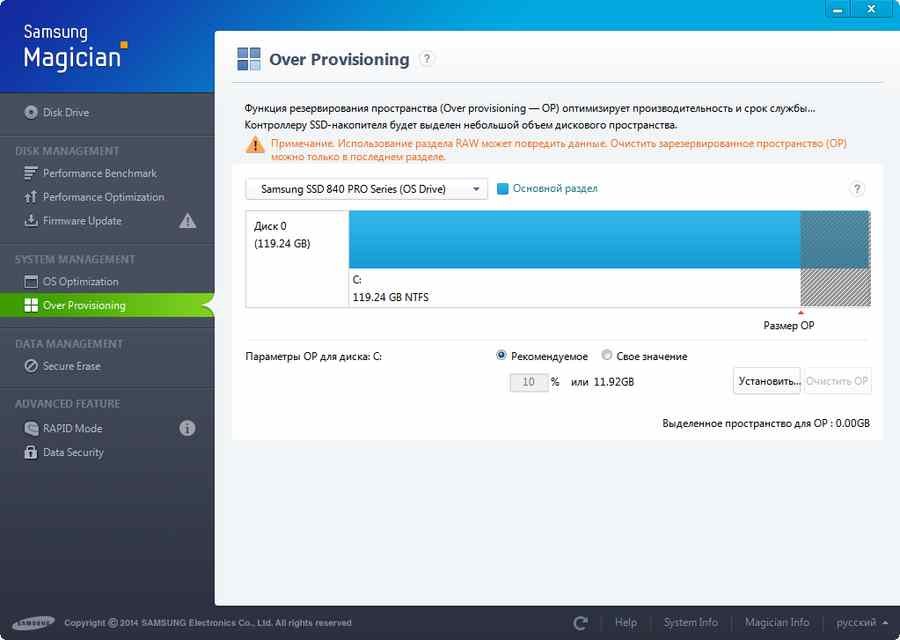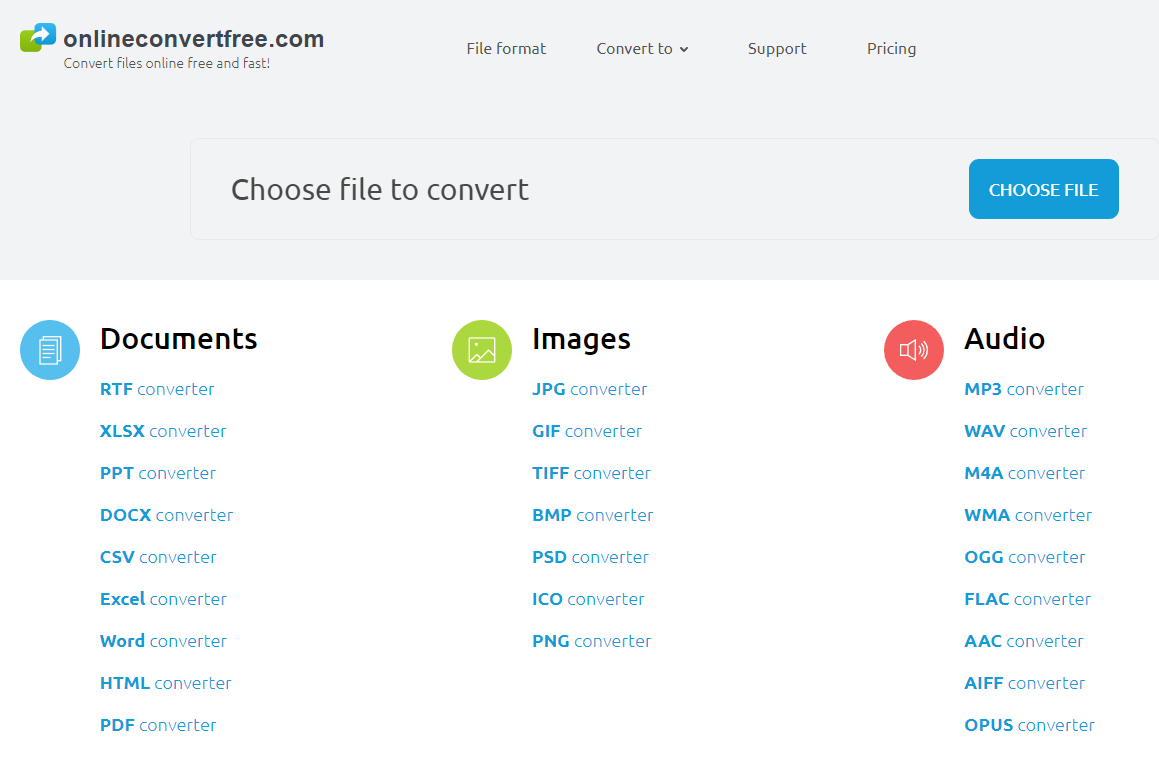Enterprise Content Management and Digital Transformation: Enabling Agility and Innovation
In today’s digital era, organizations constantly strive for agility, innovation, and the ability to adapt to rapidly changing business landscapes. ECM has emerged as a critical enabler of digital transformation initiatives. By leveraging ECM systems, organizations can streamline content-related processes, enhance collaboration, and leverage valuable insights from their content assets. This blog will explore the relationship between ECM and digital transformation. We will highlight how ECM enables agility and innovation and discuss the benefits and best practices of incorporating Enterprise Content Management into digital transformation strategies.
1. Streamlining Content Processes:
Digital transformation involves reimagining and optimizing business processes. ECM plays a vital role in this by streamlining content-related processes across the organization. ECM systems automate workflows, eliminate manual tasks, and enforce standardized content creation, review, approval, and distribution processes. By digitizing and automating these processes, organizations can significantly reduce bottlenecks, improve efficiency, and accelerate time-to-market. Streamlined content processes enable employees to focus on value-added activities, enhance customer experiences, and drive innovation within the organization.
2. Enhanced Collaboration and Knowledge Sharing:
Collaboration and knowledge sharing are fundamental drivers of digital transformation. Enterprise content management systems provide robust features enabling employees to collaborate seamlessly on content creation, editing, and review. These features include real-time co-authoring, document commenting, and task assignment capabilities. ECM platforms also facilitate knowledge sharing by providing centralized content repositories allowing employees to access, share, and contribute to organizational knowledge easily. With ECM, teams can collaborate across geographical boundaries, leverage the collective expertise of the workforce, and cultivate a culture of innovation and continuous learning.
3. Leveraging Insights from Content Analytics:
Digital transformation requires organizations to make data-driven decisions. ECM systems offer advanced analytics capabilities that provide insights into content usage, engagement, and performance. Organizations can uncover valuable insights about their content assets by analyzing data such as content access patterns, user behavior, and search queries.
These insights can inform strategic decisions, identify content gaps, optimize content strategies, and drive innovation. For example, analytics might reveal popular content topics, enabling organizations to create targeted content that resonates with their audience. By leveraging content analytics, organizations can unlock the value of their content, make informed decisions, and continuously improve their digital transformation efforts.
4. Integration with Emerging Technologies:
Digital transformation often involves the adoption of emerging technologies such as artificial intelligence (AI), machine learning (ML), and robotic process automation (RPA). ECM systems can seamlessly integrate with these technologies, unlocking their potential to drive agility and innovation.
For instance, AI and ML can be applied to automate content classification, metadata tagging, and content recommendations, enhancing content discoverability and personalization. RPA can be attained to automate repetitive tasks, such as content migration and content updates. By integrating ECM with emerging technologies, organizations can accelerate digital transformation initiatives, optimize processes, and create more intelligent and efficient content management ecosystems.
5. Facilitating Omnichannel Content Delivery:
In the digital era, organizations must deliver content across multiple channels and platforms to effectively reach their target audience. ECM systems enable omnichannel content delivery by providing capabilities to manage and distribute content seamlessly across various channels, including websites, mobile applications, social media, and more. ECM ensures consistency in messaging, branding, and user experience across different channels by centralizing content management and automating the publishing process. This flexibility enables organizations to adapt to evolving customer expectations, deliver personalized content, and respond quickly to market changes. With ECM, organizations can innovate content strategies, experiment with new channels, and meet customer demands with agility.
6. Enabling Compliance and Risk Management:
Compliance and risk management are critical considerations for organizations in the digital landscape. Enterprise content management systems are vital in ensuring compliance with regulations and mitigating risks associated with content management. ECM platforms offer features such as version control, audit trails, access controls, and records management capabilities, which help organizations maintain compliance with industry standards and legal requirements.
By securely managing and protecting sensitive content, organizations can minimize the risk of data breaches, unauthorized access, and non-compliance penalties. ECM also simplifies the process of demonstrating compliance during audits or legal proceedings. By enabling compliance and risk management, ECM gives organizations the confidence to innovate and transform digitally while ensuring data integrity and security.
7. Best Practices for ECM-enabled Digital Transformation:
To maximize the benefits of ECM in digital transformation, organizations should follow best practices:
- Develop a comprehensive digital transformation strategy aligning ECM objectives with organizational goals.
- Invest in robust ECM systems that offer scalability, flexibility, and interoperability.
- Ensure proper change management to drive user adoption and cultural transformation.
- Implement strong information governance practices to ensure data security, compliance, and privacy.
- Continuously monitor and measure the impact of ECM on digital transformation goals and adjust strategies accordingly.
Conclusion:
Enterprise Content Management (ECM) is crucial to digital transformation initiatives, enabling organizations to achieve agility and foster innovation. By streamlining content processes, enhancing collaboration and knowledge sharing, leveraging insights from content analytics, and integrating with emerging technologies, ECM empowers organizations to drive digital transformation and stay competitive in the digital age. By adopting ECM best practices and leveraging its capabilities, organizations can create a foundation for success in their digital transformation journey, enabling agility, innovation, and sustainable growth.




